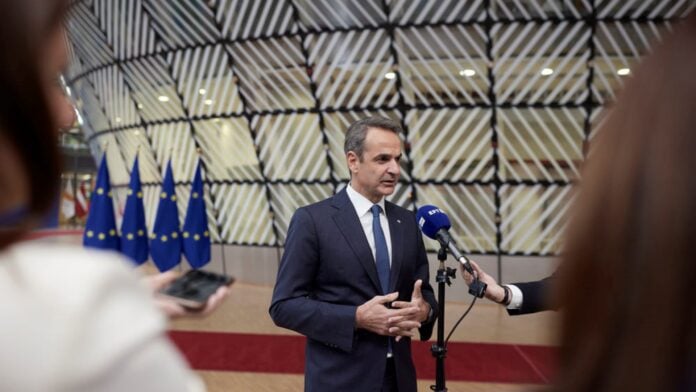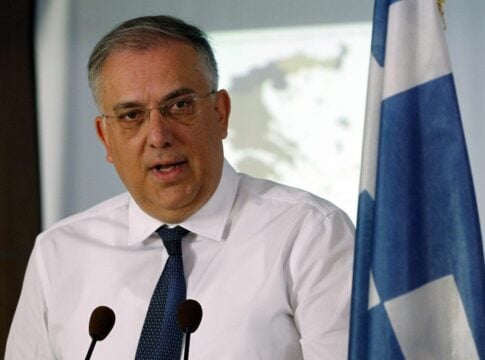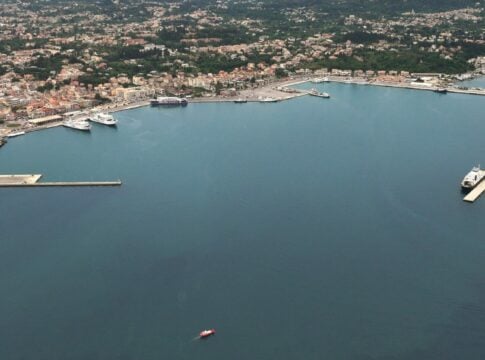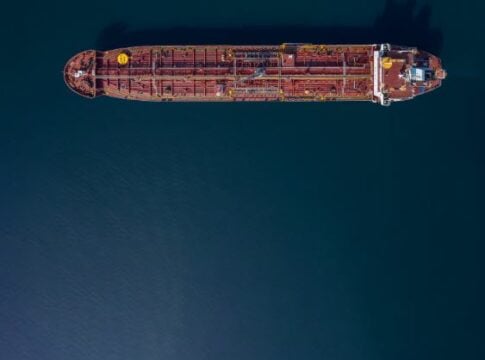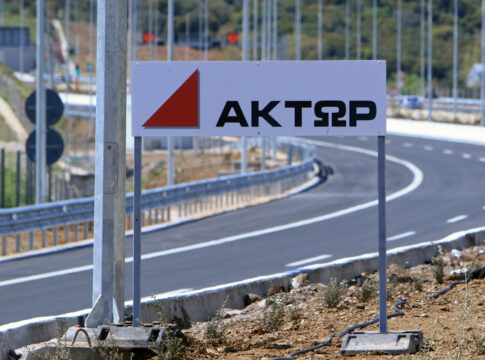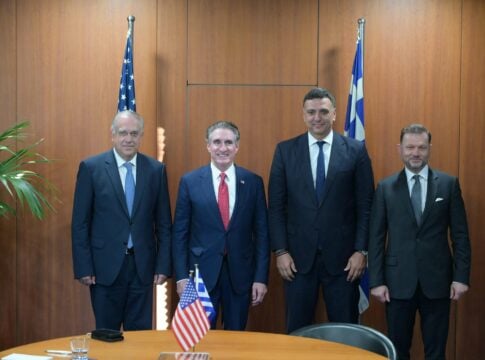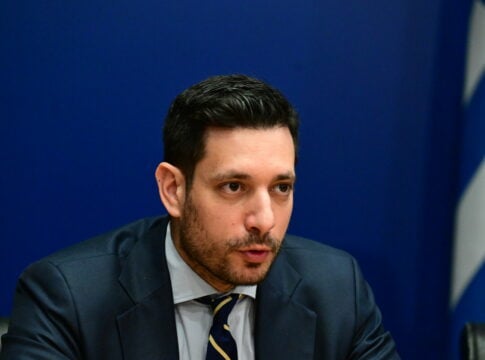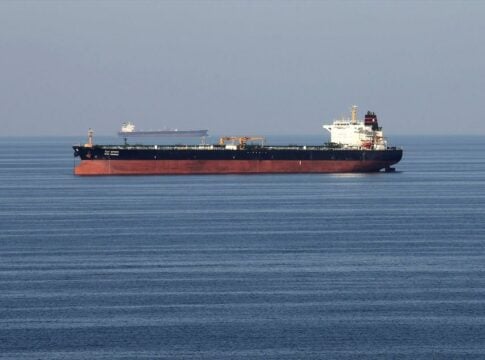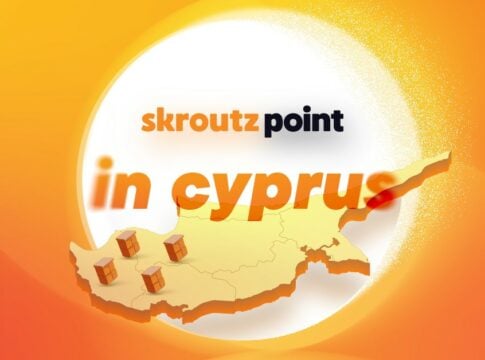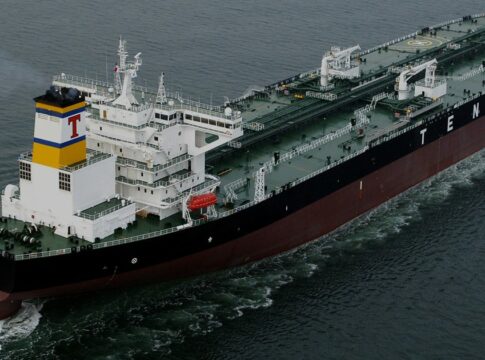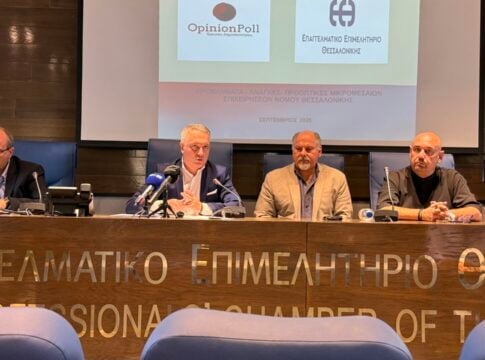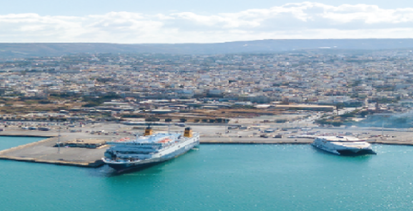The government is monitoring the geopolitical developments with concern amid a complex scenario with multiple open fronts.
A wait-and-see attitude has been maintained so far, as a common European stance is being sought on a series of significant issues while the landscape for the course of the Greek-Turkish dialogue remains cloudy.
However, indicative of the new landscape on the international scene is that after a long time the US and Russia sat at the same table in a meeting held in Riyad.
The different opinions and the surprise
It is now evident that the European family is called upon to rely on its own strengths in a series of critical issues and to draw up, albeit slowly, a substantial strategy in both the geopolitical and economic fields. However, this is not so easy, as was also evident from the informal ‘mini’ summit in Paris that took place on Monday. For example, different opinions were expressed on the possibility of deploying military forces in Ukraine in the next phase as a security guarantee.
In the meantime, the fact that not all EU states were ‘invited’ to the summit in Paris, naturally came as a surprise. On its part, France is taking the initiative for a second meeting with the participation of states that did not participate in Monday’s meeting (some of the countries, including Greece, will participate via videoconference.)
EPP video conference
It should be noted that Greek Prime Minister Kyriakos Mitsotakis participated in an extraordinary video conference of the European People’s Party Summit on the developments in Ukraine. In fact, according to government sources, he pointed out that Europe must speak with one voice and underlined that this goal is not served by selective leaders’ discussions, especially when they do not result in a unified position on such an important issue.
What Mitsotakis noted – and is expected to repeat today – is that Europe must agree on the basic issues and send the message that it takes its defense seriously. Athens welcomes the proposal of the President of the European Commission to activate the escape clause for defense investments and pointed out that it is important that the details are finalized soon.
Greece has stressed the need for European financing in defense issues beyond national budgets. However, European leaders seem to agree on the importance of relaxing the rules, so that defense spending above 2% of GDP is exempt from the EU’s excessive deficit procedure (an issue that the Greek side has repeatedly raised).
The government estimates that the latest developments ring a “bell” for Europe, which must find a common footing on critical issues such as defense, energy, migration, etc. The time has come for Europe to seek its own special place on the new map of global relations, the Prime Minister recently noted.
Cloudy landscape in the Greek-Turkish dialogue
While the attention of the international community is focused on the current situation in Ukraine, the government is also concerned about developments in its “neighborhood.” At the extraordinary videoconference of the European People’s Party Summit, Mitsotakis stressed that although the developments in Ukraine are important for European security, Europe should not ignore the security challenges in the Eastern Mediterranean and the Middle East.
A series of moves have shown that the Turkish president has not forgotten his revisionist narrative and seeks to appear as a strong player in the region. Recep Tayyip Erdogan’s goal is to improve his relations with the US (a few days ago the US Secretary of State met with his Turkish counterpart), while on a number of issues he is offering to play the role of mediator. It is noteworthy that yesterday Erdogan met with the President of Ukraine Volodymyr Zelensky and, according to international media, noted that Turkey could host future peace talks.
As for Greek-Turkish relations, there is stagnation and the aim is not to take steps back. The meeting of the High Level Cooperation Council of the two countries has been postponed to a later date, while at this time there is no room for the discussion to move to the so-called heavy agenda.
The only thing that can be achieved is to keep the channels of communication open so that any differences do not automatically generate tensions. Meanwhile, the five-party meeting on the Cyprus issue will held on March 17 and 18 although Ankara’s rhetoric leaves no room for optimism.


